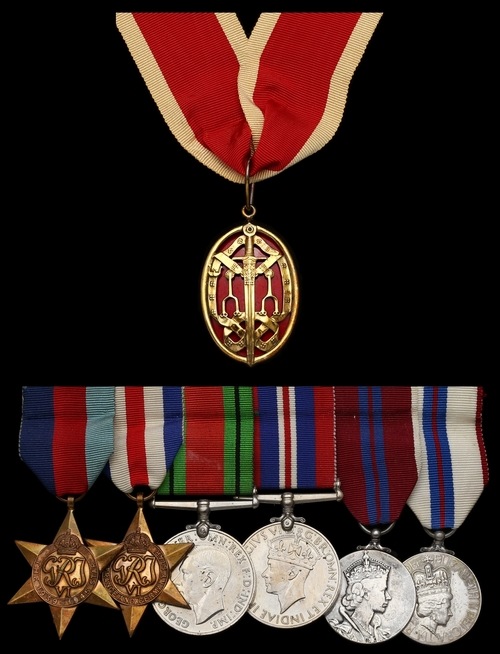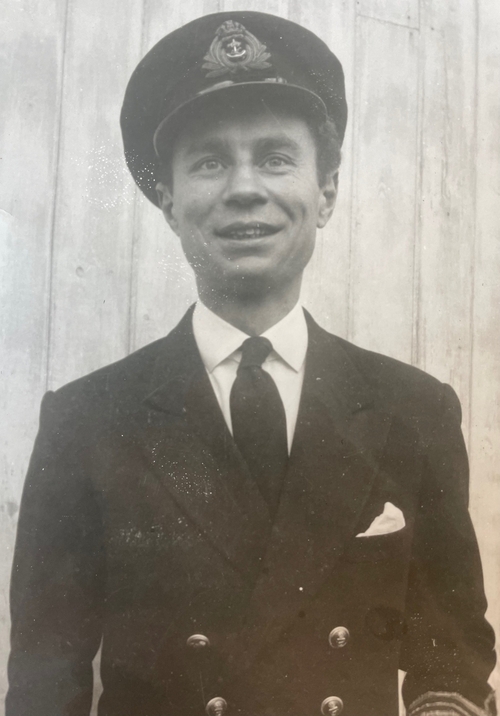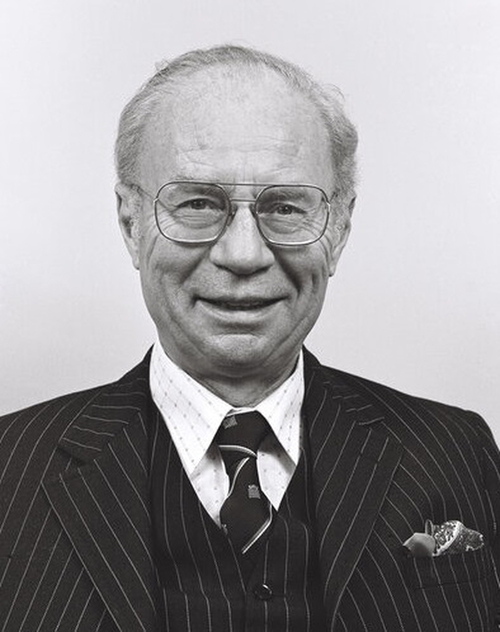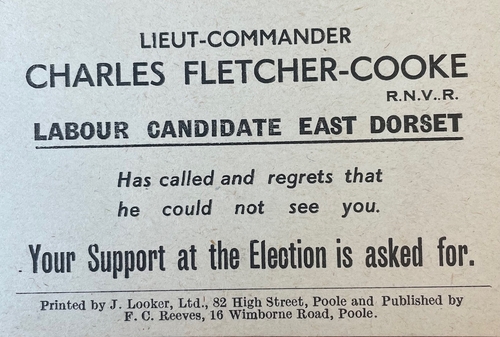Auction: 25002 - Orders, Decorations and Medals
Lot: 158
Sold by Order of a Direct Descendant
The Knight Bachelor's group of seven awarded to Lieutenant-Commander C. Fletcher-Cooke, Royal Naval Volunteer Reserve, who served in Naval Intelligence on the Joint Intelligence Staff
A prominent lawyer and politician, he was latterly the long-served Member of Parliament for Darwen from 1951-83 and was constitutional adviser to Sultan Hassanal Bolkiah of Brunei
Knight Bachelor's neck Badge, by Garrard & Co. Ltd., silver-gilt (hallmarks for Birmingham 1985) and enamel, in its case of issue; 1939-45 Star; France and Germany Star; Defence and War Medals 1939-45; Coronation 1953; Jubilee 1977, mounted as worn where applicable, good very fine (7)
Perhaps the best biography might be sourced from his obituary published in The Guardian:
'Sir Charles Fletcher-Cooke QC, the Tory MP for Darwen, Lancashire, from 1951-83, and Home Office minister from 1961-63, who has died aged 86, was both whimsical and highly intelligent.
He will probably be remembered for the press photograph of him looking like a frightened gargoyle taken in the wake of the incident that ended his promising ministerial career. Homosexuality was then still a prison offence. The press pack had been alerted that the police had arrested his handsome 18-year-old friend Andrew Turner, a delinquent with three convictions, driving Fletcher-Cooke's Austin Princess without a driving licence or insurance.
He resigned his ministerial office on the pretence that he had only been "misguided" in trying to help Turner. Fletcher-Cooke continued to serve Darwen, and its troubled textile industry, until its boundaries changed in 1983.
A number of his fellow Tories had it in for him, because he could not control his barrister's trick of scoring off the less clever. Some right-wingers, like Sir Cyril Osborne, did not forgive his left-of-centre "one nation", pro-European approach, attributing it to his early political beginnings as a Labour candidate in 1945 in East Dorset, which he missed winning by only 1,500 votes. The Sunday Express was fond of quoting his statements from the time, like "Ethically and practically, socialism is indisputably correct and its application by a Labour government will produce order and beauty"
He was born into a professional London family, impoverished because his father had died from his Gallipoli wounds. Both he and his older brother John held scholarships at Malvern College. A further scholarship took him to Peterhouse, Cambridge, where he was both editor of Granta and President of the Union in 1936, emerging with a first.
In 1938, he qualified for the Bar, winning first-class honours, and began as a Chancery barrister. With MJ Albery, he produced a textbook on monopolies and restrictive practices. From 1939-45 he went into wartime intelligence, emerging as a Lieutenant-Commander on the Joint Intelligence Staff. After his near-miss in East Dorset, he resigned as Labour candidate for Poole in 1948, attributing his "deconversion" to his experience as Britain's official legal adviser in the 1948 Danube Conference after two years working on British properties seized by the Romanian and Yugoslav communist regimes.
He was runner-up for the Darwen nomination for the 1951 election, but finally selected when the candidate, Vyvyan Adams, drowned. Fletcher-Cooke won by 3,180 votes, and in 1958 became a QC. His slightly supercilious whimsy stood out among mostly stodgy Tory MP lawyers. He claimed that Greek Orthodox clerics were anti-British because Britain had shorn them of their tax-gathering powers.
He defended his constituency, claiming that visitors would not find there "the crowded couch of incest among warrens of the poor". But mostly he sought to protect local textile factories against Indian tariff barriers and the growth of Hong Kong's exports. In the late 1950s, he became preoccupied with foreign affairs, emerging as secretary of the Tory MPs' foreign affairs committee and of the executive of the European movement.
In 1958, he urged the UN to set up an authority to oversee the abolition of all weapons of mass destruction. His future seemed rosy in 1959 when he was re-elected with a bigger majority, and married Lady Avebury, the former actress Diana King. Promotion came at last in 1961, when he was named under-secretary of state at the Home Office. He enlivened proceedings by departing from civil service replies: he insisted there was no evidence that a high proportion of crimes of violence were committed by psychopaths, although it had been suggested that Joan of Arc, Napoleon and Lawrence of Arabia all had psychopathic personalities.
The only touchy subject he handled was to deny the existence of a homosexual underground in appointments to residential youth establishments. In February 1963, an informer tipped off the press that the Borstal boy Andrew Turner was living with Fletcher-Cooke. His wife said: "We are separated"; they divorced in 1967. The Prime Minister, Harold Macmillan, accepted his resignation with brutal brusqueness. With the support of his constituency association, Fletcher-Cooke continued as Darwen's MP, and was knighted in 1981.
Charles Fletcher Fletcher-Cooke, barrister and politician, born May 5 1914; died February 24 2001.'
Sold together with Programme for his Admission to the Freedom of the Borough of Blackburn, calling card for an election and photograph of the recipient.
For his miniature dress Medals, please see Lot 220 and for his Bruneian Collar Chain, please see Lot 257.
Subject to 20% VAT on Buyer’s Premium. For more information please view Terms and Conditions for Buyers.
Sold for
£700
Starting price
£400











